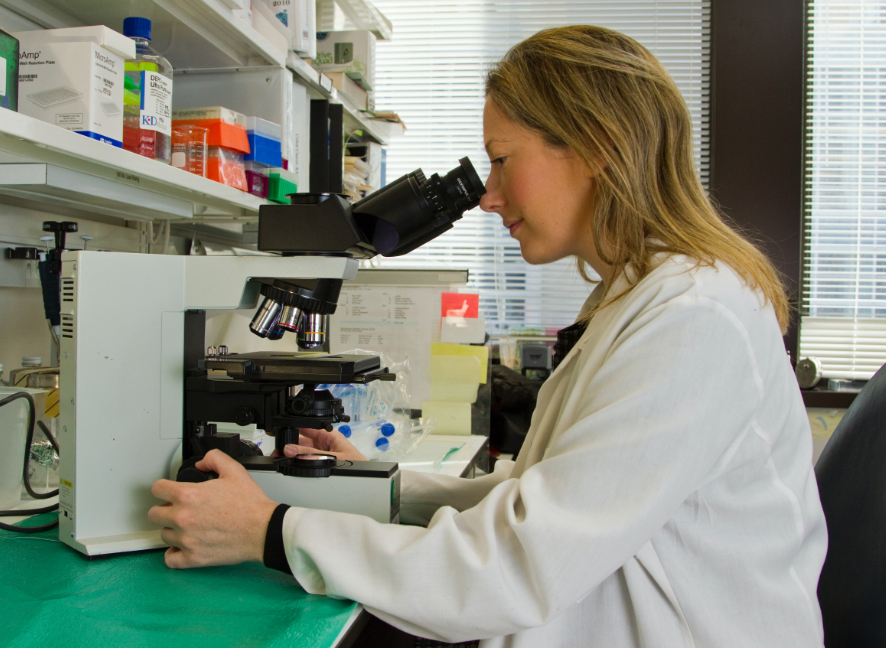
Photo by National Cancer Institute on Unsplash
Labs are not only cleaned often, but they are also state-of-the-art, which makes it hard to imagine they could be eco-friendly. This is why it's easy to overlook when there's so much you can do to ensure your lab is as green as possible.
Washable Tools and Containers
One simple step you can take is ensuring that your lab uses reusable items for the work that is done there. Many labs don't use glassware to do their work anymore, but you should consider bringing glassware back. Most likely, this change happened because lab techs were afraid of breaking the glass.
This may still be a danger, but if you replace your materials with items you can clean, then you'll be much greener. You are going to have to spend more time cleaning these glass containers to make sure they are ready the next time you need them. Yes, this is going to require more work, but your commitment to being eco-friendly is worth the effort.
Disinfecting and Reusing
Some fluids can be separated from contaminants if you have the right equipment. Sometimes, you have to add solvents and other substances to low-viscosity fluids. Laboratories like yours are turning to rotary vane vacuum pumps.
These are state-of-the-art devices that allow you to clean out pipes by completely disinfecting them so that you can continue to reuse them. The contaminants these pumps can deal with include oils, solvents, paints, and coatings just to name a few.
Good Vendors
Sometimes, the best thing you can do is work with a vendor or supplier that's green. Some vendors might have taken the major step to use only recyclable packaging material. Maybe the company is now using containers with a naturally insulating material like sheep's wool.
The reason you want natural insulating material is that these are biodegradable. Other insulating materials won't degrade quickly and will end up making landfills worse for everyone. Depending on the type of laboratory you have, you should be able to take additional steps that are more specific to you. Talk to your vendors to see if there's something you can do for your lab.
Rethink Your Energy Use
Most labs use energy one way or another. It might be a good idea to figure out a way to reduce the amount of energy you consume in your laboratory. If you can shut off all electronics at night, that's one step. Sure, some things cannot be shut off, but at least you won't be using as much energy at a time.
Disconnect items that aren't being used because devices are still using electricity if they are plugged up. If you have the resources, then figure out a way to make your laboratory run off solar energy. This is a relatively big investment, so make sure you budget for this change. Still, it'll be worth it in the long run. It should be pointed out that many appliances are now energy-efficient. Find out if your appliances have an energy-efficient alternative and consider making that switch to save energy.
Be Careful With Waste
Be sure to address your waste. Depending on what you work on, you are probably producing the kind of waste that could contaminate water. You could end up hurting communities nearby, wildlife, even plant life. You don't want to do anything like this, and you don't have to if you are careful with your waste.
Proper waste disposal is definitely challenging, but that doesn't mean it's impossible. There are a number of companies willing to help get rid of contaminants for you as long as you find them. You'll also have to take an active role in training your staff. You have to make sure everyone knows to avoid letting any contaminants make their way into your plumbing or regular trash.
Your lab space can be as eco-friendly as you want it to be with a little bit of work. You might not be able to accomplish all of these overnight, but keep at it because being eco-friendly is a noble goal. The earth and world will be thankful for what you do.
You may also like
Natural Ways to Clean Everything in Your House
8 Ways to Make Your Bathroom Eco-Friendly
The Ultimate Guide to Sustainable Home Decor
